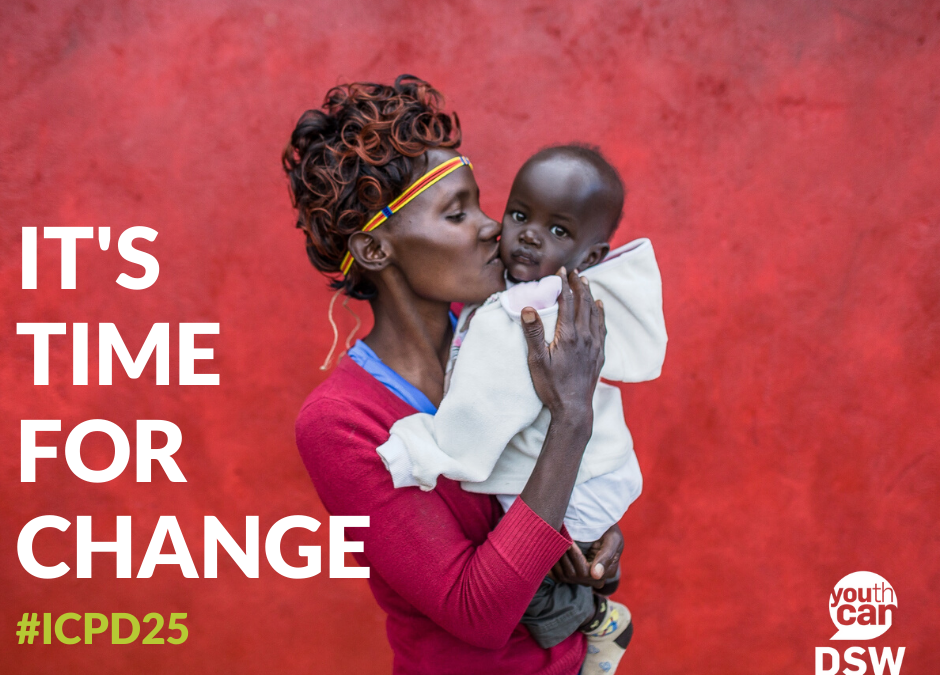I am, of course, referring to the ground-breaking International Conference on Population and Development that took place in Cairo in 1994. At this event, 179 governments reached an unparalleled consensus that population policy must be based on the human right to voluntary family planning and sexual self-determination. It placed the decision of reproduction firmly in the hands of people themselves – and not in top-down government policies. Above all, it shone a new light on the importance that women and girls play within development – and that any policies that neglected their rights would ultimately fail. Basically the new consensus that emerged emphasised that the only real way to ensure prosperity and a natural reduction in population growth, was by promoting women’s empowerment and universal access to sexual reproductive health and rights.
Well, that was the plan at least. But did the Programme of Action actually work?
The overwhelming answer is an optimistic yes – but also a head-shaking no. To explain this, let’s look at some figures.
- Women now receive an average of 1.7 children less than they did 25 years ago. Sounds good until you consider that there are still 89 million unintended pregnancies every year in developing countries alone.
- One in four women who want to prevent a pregnancy, still do not have access to modern contraceptives. This lack of access violates their right to choose the timing and spacing of their pregnancies.
- According to UNFPA, there has been a global surge in actions towards ending harmful practices such as Female Genital Mutilation (FGM), and child marriage. Although, we have seen a drop from 49% to 31% of girls subjected to this barbaric practice, because of population growth, the total number of women and girls affected has actually grown.
- Indeed, over 41,000 young girls under the age of 18 are forced into marriage against their will – every day! Some as young as eight and nine.
- Although maternal deaths have fallen by 40% between 1990 and 2015, this number is too short of the 75% goal envisioned originally. The vast majority of these deaths continues to take place in developing countries.
- Gender equality too has seen some improvements over the years. However, the majority of leadership roles are still held by men, and according to UNFPA, the percentage of Fortune 500 CEOswho are women has grown from 0% in 1995 to just 5% last year!
So, progress made in some cases – but a lot more left to do. This why the governments of Kenya and Denmark, together with UNFPA, will come together at the Nairobi Summit on ICPD25 this week to look again at promises that were made – with a view towards finally completing the Programme of Action once and for all.
DSW will be at the Summit over the coming days to witness these new promises. Want to keep up with all the latest happenings at this event? Make sure you tune into our social media channels where we will be reporting news as it happens!
NEW UPDATE: To celebrate our participation at the event, DSW has also made a commitment: DSW commits to creating demand for and access to health information, services and supplies, and economic empowerment for youth. Through programmes, partnerships and advocacy, DSW will reach 10 million people in East Africa and Europe by 2025 with evidence-based information about sexual and reproductive health and rights. READ ABOUT OUR COMMITMANT HERE

